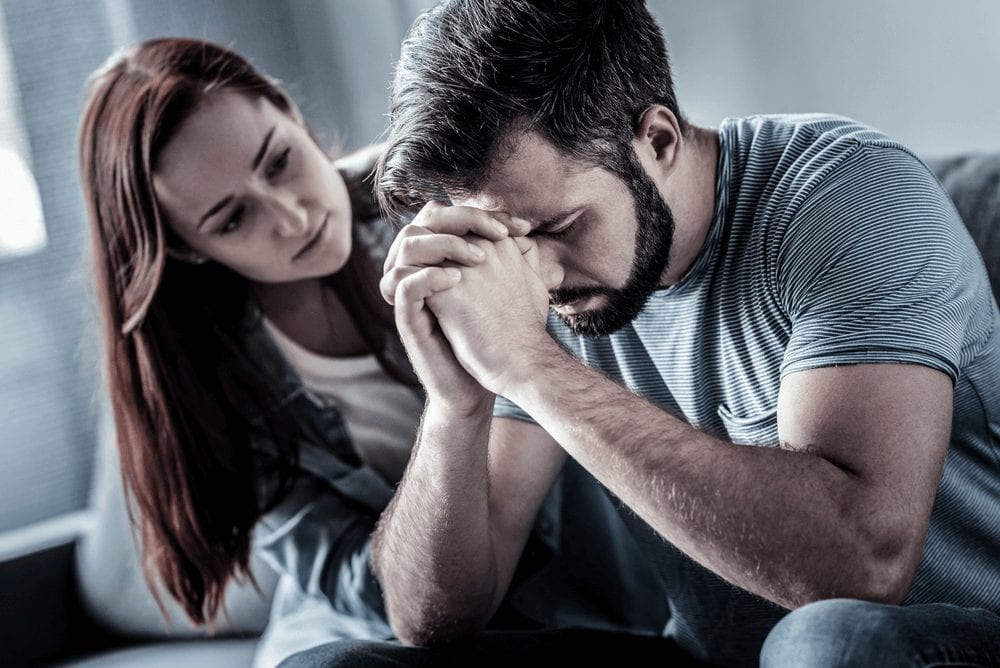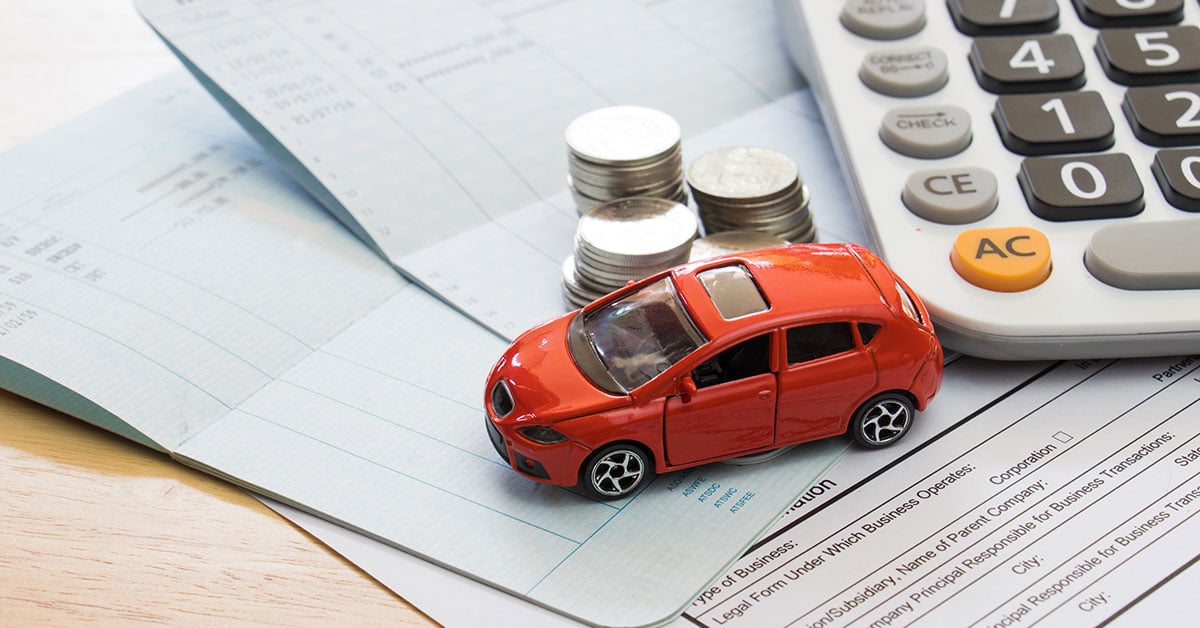How are people who need carers supposed to self-isolate?
For many of us with chronic health conditions, coronavirus presents a paradox. While on the one hand, we’re most at risk of becoming seriously ill if we contract Covid-19, we’re also often the least able to self-isolate. While I’d love to seal myself in a bunker with my dogs, record collection and phone, I physically can’t.
I have muscular dystrophy, and a team of six regular carers; six people who come in and out of my house every week, who could potentially bring in coronavirus. This causes me a lot of worry, but there is little I can do about it. I have asked my carers to wash their hands when they come in, and to let me know if they or someone they’ve been in contact with has symptoms. One of my team has not been able to come in this week as someone they saw last week has a fever. I read how one person has suspended all of her carers unless they agree to completely self-isolate outside of work. I have thought about this option a lot, but I’m not sure how practical this would be
I work for Muscular Dystrophy UK, where I support disabled young people through the Trailblazers network. We have been inundated with questions from people asking what to do about their carers. Should they stop them coming in? Do their carers get paid if they’ve been told to self-isolate? What safety measures should they put in place to protect themselves and their carers? I wish I had all of the answers, but I don’t.
Download the new Independent Premium app
Sharing the full story, not just the headlines
I am going by the same NHS guidance as everyone else – which, so far, hasn’t provided a great deal of clarity for people in my situation. Strict social distancing just isn’t possible for disabled people who require care. Some people’s families are stepping in to provide care when paid carers cannot come in, but others cannot. I’ve heard from one parent who has stopped carers coming in for her son and is now doing all of his care herself, leaving her exhausted. For disabled people and their families, this is proving an impossible decision.
I called my insurance company to ask whether I have to pay carers if I do not want them to come in. They advised me I can claim Statutory Sick Pay from the government for a carer’s pay if she has been told to self-isolate. My carer was not showing any symptoms herself, but knowing I am at high risk, informed me she had been in contact with someone who had symptoms. When I explained this, my insurance provider said this did not meet the current government criteria, and if I didn’t want my carer to come in, she would need to be paid in full. The fact I am at high risk was not considered. Given this, how are disabled people expected to protect themselves?.
I am proud to be a resource for the disabled community during this crisis, but I am not enough. We need NHS guidance for care staff in home settings, advice for employers who are also high-risk individuals, and acknowledgement that it is impossible for us to completely self-isolate. I want to support my community as I have always done, but right now, I need the government to help me do that




